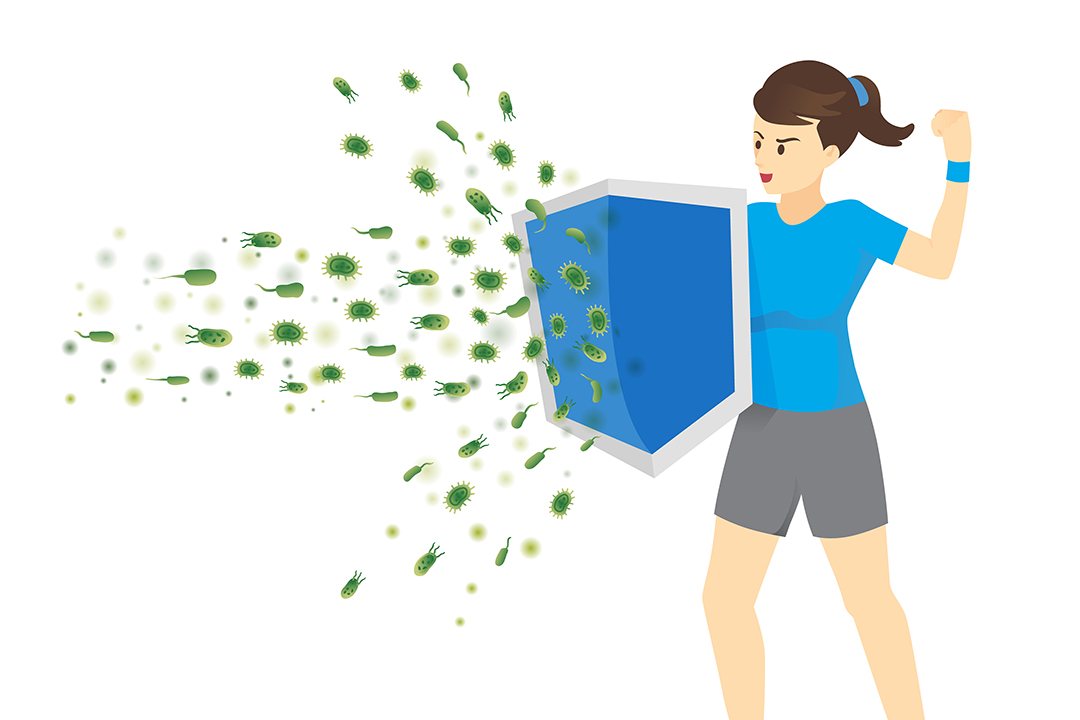1. The colonization of intestinal flora of newborns after birth is a complex process. Since the intestines are flooded with a lot of oxygen at birth, enterococcus and Escherichia coli are the preferred aerobic bacteria in the feces of infants.
Planting, consuming oxygen, changing the intestinal micro-ecological habitat, and the late colonization of anaerobic bacteria represented by Bifidobacterium and Lactobacillus, this ecological pattern dominated by anaerobic bacteria is the 12th postnatal stable over the month. probioticseverything.com
very best probiotics
very best probiotics
2. Different feeding methods are one of the main factors affecting the colonization and change of intestinal flora. Bifidobacterium and Lactobacillus colonize the intestines of breast-fed infants earlier, and the time to predominance is earlier than that of artificial-fed infants. the dominant bacterial structure. The early addition of probiotics makes the intestinal flora structure of infants close to that of breastfed infants, and also forms an ecological pattern with bifidobacteria as the dominant bacteria. probioticseverything.com
3. The physical growth and neuropsychological development indexes of breast-fed infants are better than those of artificial-fed infants. Infants with probiotics intervention in the early postnatal period, their physical growth and development and neuropsychological development indicators are close to those of breastfed infants, indicating that early establishment and maintenance of a stable intestinal microecological balance can promote long-term physical and mental health of infants. probioticseverything.com
4. Long-term follow-up studies have found that the incidence of overweight and obesity in ordinary formula-fed infants is higher than that in breast-fed infants and probiotic-supplemented formula-fed infants. association. probioticseverything.com
very best probiotics
very best probiotics
5. The number of bifidobacteria in feces of overweight and obese children was lower than that of normal weight children, and the ratio of bifidobacteria/Escherichia coli in feces of obese children was lower than that of normal weight children, indicating that overweight and obese children had changes in the structure of intestinal flora. probioticseverything.com
very best probiotics
very best probiotics
6. Early intervention of probiotics can help infants to establish a stable ecological pattern in the intestinal tract as early as possible, which is of great significance for maintaining the long-term health of infants and reducing the risk of overweight and obesity. probioticseverything.com
very best probiotics
very best probiotics
Obesity is a serious public health problem facing the world. According to WHO statistics, the global child overweight rate is 10%, and the obesity rate is 2%-3%; the incidence of childhood obesity in developed countries is about 20%. A sample survey shows that the obesity rate of children aged 0-6 is 7.2%, an increase of 3.6 times compared with 1996. The obesity rate of children is increasing year by year. Recent studies suggest that obesity can be traced to excess nutrition in the neonatal period caused by maternal obesity, and then programmed to induce childhood obesity and increase the risk of obesity in adulthood. Therefore, preventing childhood obesity starts early in life. Previous studies have identified genetic, environmental, dietary, metabolic and immunomodulatory abnormalities as factors that trigger obesity. Recent literature reports that obese individuals have gut microecological imbalances, and whether there is a “causal” relationship between the two has not yet been conclusive. Some scholars believe that gut microbiota, as an “environmental factor”, is involved in the occurrence and development of obesity, and the initial colonization of gut microbiota in early life may be associated with the risk of obesity. probioticseverything.com
very best probiotics
very best probiotics







